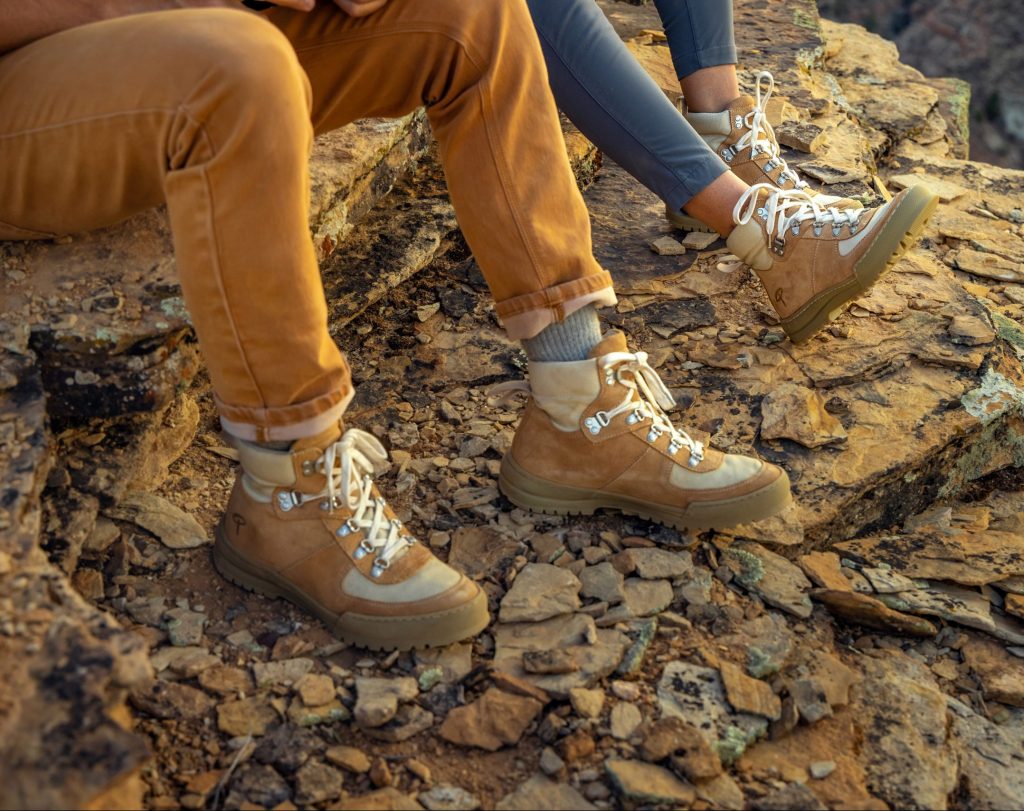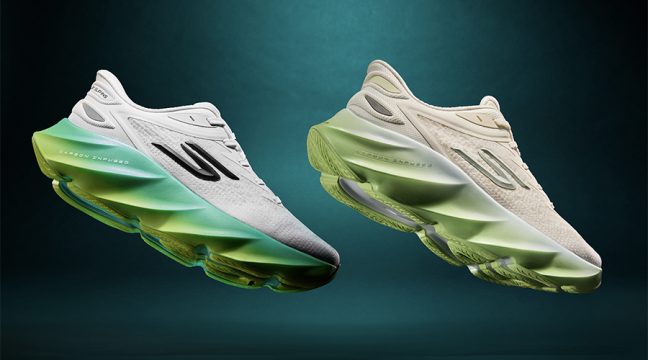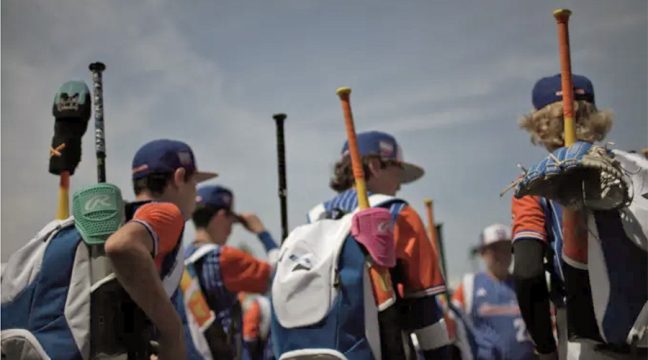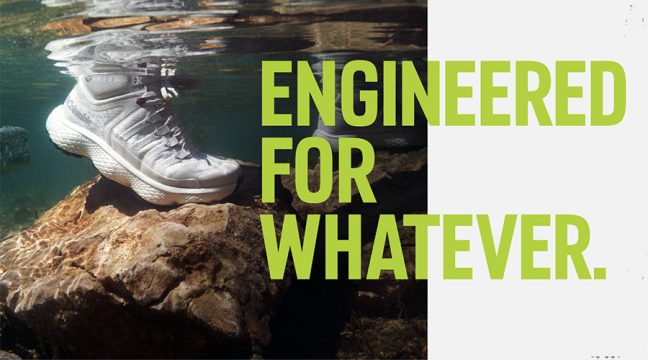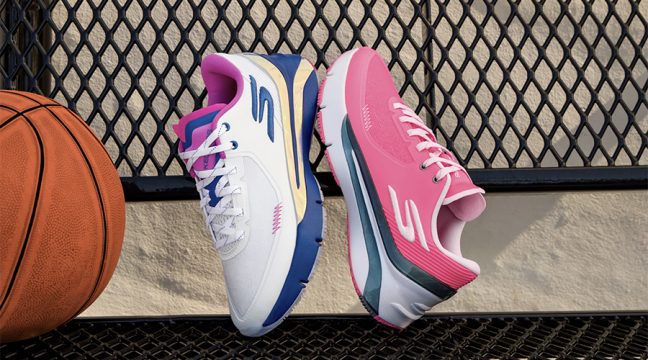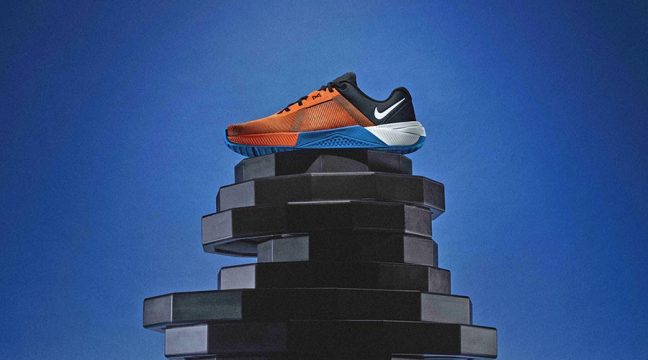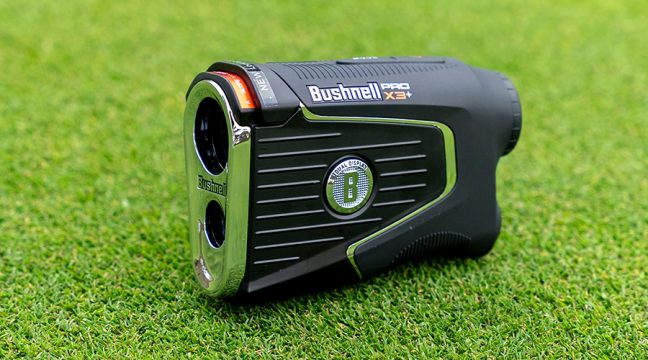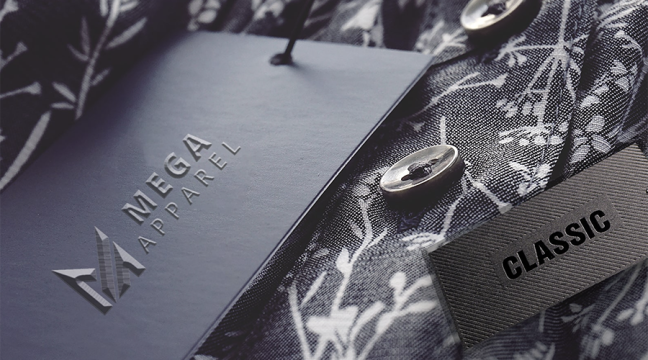A new gen of sustainable hiking boots, made for desert performance, has launched from father-and-son brand Erem.
Co-founder Noah Swartz is a fourth-generation shoemaker “who wanted to create a better boot made with exacting environmental standards for desert landscapes and climates.” His father and co-founder, Jeff Swartz, was the president and CEO of Timberland, a footwear company that Jeff’s grandfather Nathan, and Noah’s great grandfather, had started decades before. Jeff grew up in the family business, working summers in the factory for his uncle and his dad, Sidney, Noah’s grandfather, who is also an investor in Erem. Jeff Schwartz led Timberland for more than a decade as CEO before selling the business in 2011 to VF Corp.
After decades of “building an iconic brand in the outdoor industry,” Jeff thought he had “hung up his boots for good.” But when his 28-year-old son Noah approached him with the idea for Erem and the chance to set a “new standard for how a brand can positively impact people, place and planet,” he embraced the challenge and opportunity.
“My grandfather, Nathan, taught me responsibility and modeled resilience and courage. My dad, Sidney, taught me how to dream and what determination is. But it’s my son Noah who is teaching me how to stretch my imagination and deliver on our ideals. It took four generations, but we are getting somewhere with the launch of Erem,” said Jeff Swartz.
While most hiking boots are made by thermo fusing plastics, Erem hiking boots are Biocircular, meaning “they only use materials with 100 percent proven paths back to nature and can be re-streamed at the end of their useful life by Erem into new products.” Erem aims to further minimize its carbon and resource footprint “by incentivizing customers to extend the life of their boots through its Reboot repair program.”
Erem prioritizes “breathability, durability and protection for consumers to fully immerse themselves in the desert. The brand takes responsibility for the entire lifecycle of its eco-friendly hiking boots and will share its product ingredient list and suppliers.”
“The vast beauty and extremes of the desert have, and always will, drawn people eager to explore and adventure, which is why I believe that the desert demands, and deserves its own gear,” said Noah. “For this gear to live up to its task, it must provide best-in-class performance and fully channel desert values. This is what Erem is all about.”
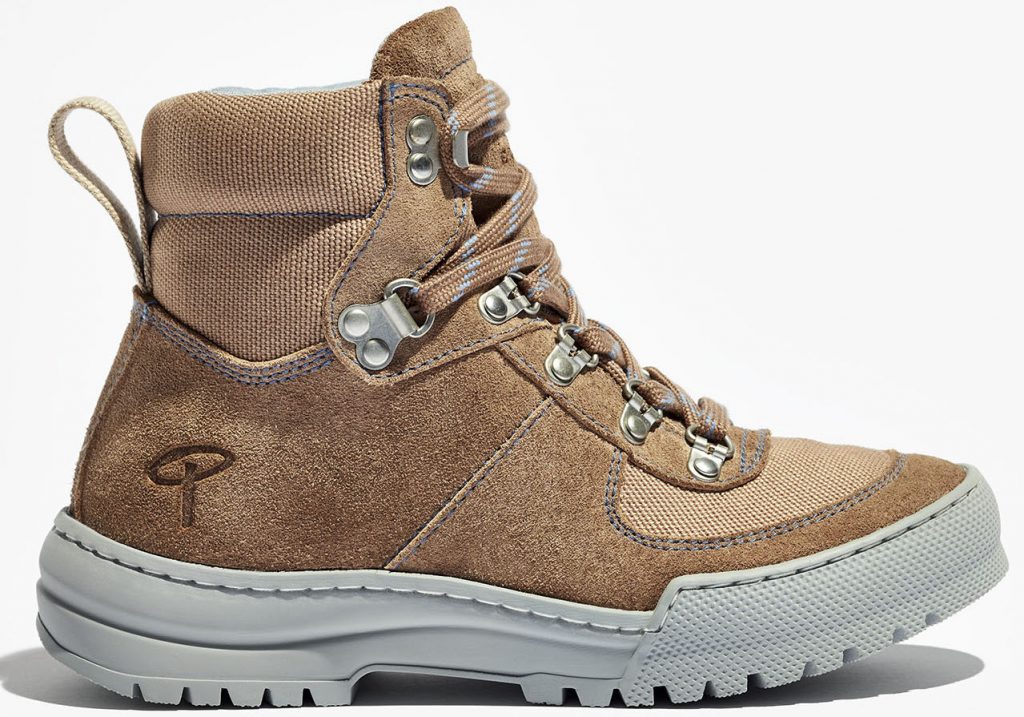 Erem launched with its men’s and women’s Xerocole and Xerocole Expedition boots—named after animals that thrive in desert environments. Features include reverse, full-grain leather and brass hardware, Tencel lyocell canvas paneling, breathable lining, contoured cork insoles, gusseted tongue padded collar, full-length wood-fiber shank board for torsional support and underfoot protection, a biodegradable, reusable, one-piece outsole made of 70 percent recycled rubber stitched to the upper using welt-grade linen thread to avoid delamination and enable repairs, and 6-mm lugs for grip and traction.
Erem launched with its men’s and women’s Xerocole and Xerocole Expedition boots—named after animals that thrive in desert environments. Features include reverse, full-grain leather and brass hardware, Tencel lyocell canvas paneling, breathable lining, contoured cork insoles, gusseted tongue padded collar, full-length wood-fiber shank board for torsional support and underfoot protection, a biodegradable, reusable, one-piece outsole made of 70 percent recycled rubber stitched to the upper using welt-grade linen thread to avoid delamination and enable repairs, and 6-mm lugs for grip and traction.
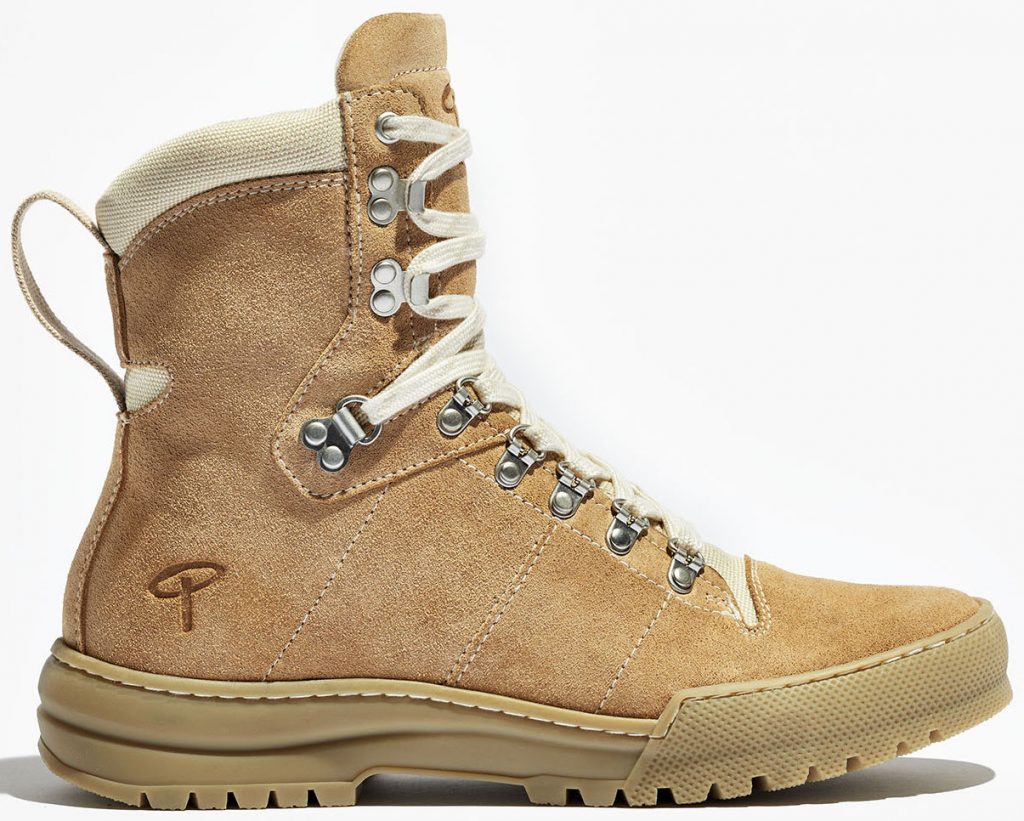
Erem is focused on “harnessing the desert’s potential to solve the planet’s largest and most pressing problems. The earth’s landmass is almost 30 percent desert. The desert is home to almost 20 percent of the global population. Both the size of the desert and the number of desert dwellers are fast increasing. We believe desert problems are global problems, and desert solutions are global solutions. This is why Erem has committed to planting one million prickly pear cacti,” said Noah.
For more product information, go here.
Photos courtesy Erem

